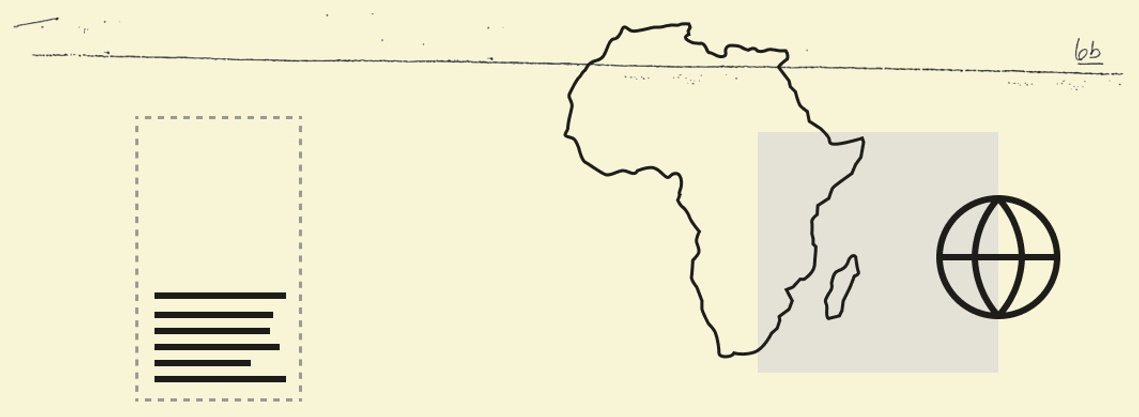 Deals  Takealot Takealot🇿🇦 South African e-commerce company Takealot is piloting a delivery program in townships, beginning in the Mpumalanga province where it is set to deploy 1,000 drivers. 🌍 Standard Chartered bank and British International Investment inked a $350 million pact to fund the trade finance needs of businesses in Africa and South Asia. 🇿🇦 South African investors Phatisa, Masimong Group, and Sabvest Capital sold their combined 100% ownership of chemicals producer Rolfes Holdings to pan-African agriculture inputs distributor Solevo Group. 🇳🇦 Coca Cola is building a new $50 million line in its Namibia plant that will produce 27,000 bottles per hour, raising the plant’s output capacity by 30%. Tech🇳🇬 US startup investor Techstars closed its accelerator program in Lagos, having invested $2.4 million in about two dozen startups. 🇰🇪 The Communications Authority of Kenya said it will withdraw licenses from 200 firms, including that of the now defunct Kwese TV floated by the Strive Masiyiwa-owned telecom group Econet. Commodities 🇬🇭 Ghana’s cocoa farmers are hoarding beans following remarks by Vice President Mahamudu Bawumia — a presidential candidate in the Dec. 7 elections — that the government would raise prices for farmers. The West African nation is the world’s second largest cocoa producer. Security🇹🇩 Chad’s interim President Mahamat Idriss Deby on Sunday announced plans to withdraw from the multinational security force whose troops serve Lake Chad Basin, Cameroon, Chad, Niger and Nigeria, saying it had failed in its task of tackling insurgent groups. Mining🇸🇱 Sierra Leonean private miner FG Gold received a $20 million equity investment from the Angolan government’s sovereign wealth fund for its Baomahun gold project — a 125 sq. km commercial gold mine about 200 km east of the capital, Freetown. 🇹🇿 Tanzanian mining firm Pula Group sued South African billionaire Patrice Motsepe and his associate companies for $195 million for allegedly breaching a non-compete contract when it invested in Australia’s Evolution Energy Minerals, located next to Pula’s graphite project. Motsepe denied any breach. |